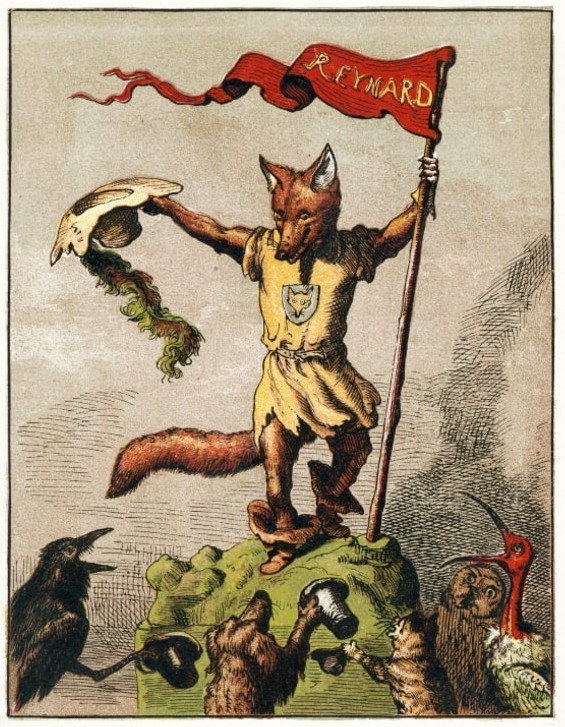The gathering crew wandered along the trail which led in and out of the oaks, picking up akarns by the handful. Their bags were just about full, when Dipuc came upon a gruesome site. A small dog had been savagely torn apart, and partially skinned, not typical of the predators of the region. After looking carefully at the carcass, Hantar directed the others to bury the remains while he went about looking for any tracks the animal attacker might have left. Though the ground was frozen and it took him awhile, he finally found a single bloody track left on a bed of oaks leaves. He was surprised, but immediately recognized the track to be that of a pequam,* long thought to no longer live in the forests of the region. When he told the others about his discovery, they at first doubted him, but when he showed them the print, they knew it was too large for a puvana.** He decided it was best to head back and seek counsel from the other elders.
“Our charge here is largely complete, so we will return and tell Atnas of our find. This beast is not common to us and does not know of our ways, and it may quickly entice the tall ones to seek it out, if it continues to prey upon their animals.”
Hantar motioned to Retsbrew to release the lodge dove. The bird would fly directly to the holding lodge, and alert Atnas of their need to return.
-------------
*Pequam - Said to be another term for a Fisher (Aboriginal derivation). Fishers are members of the weasel family, though considerably larger. They are voracious predators and will prey on many other animals, including larger ones like fox and raccoons. Usually found in the boreal woods of Canada and the most northern areas of the U.S., fishers (also called Fisher Cats) have recently been documented in SE Massachusetts, including Cape Cod.
.jpg)

.png/128px-Alder_(PSF).png)
